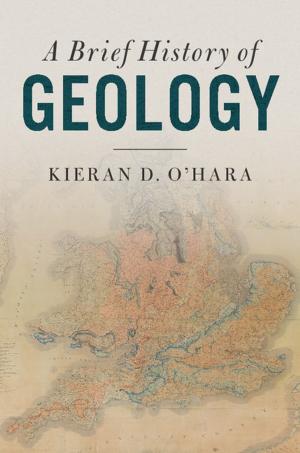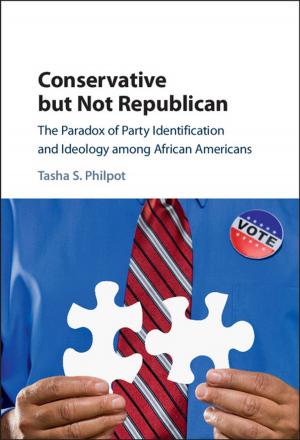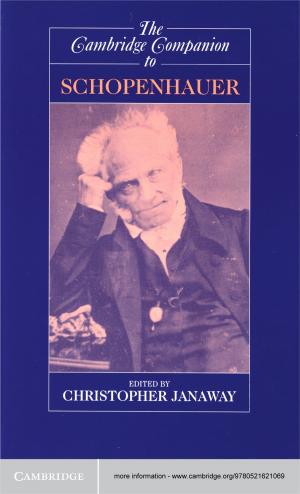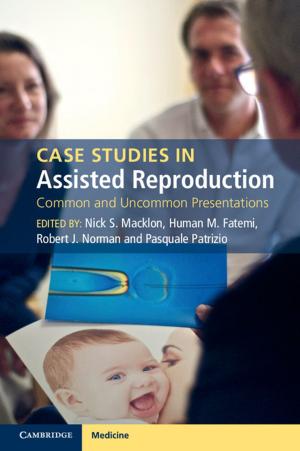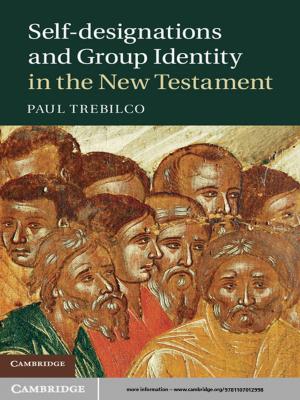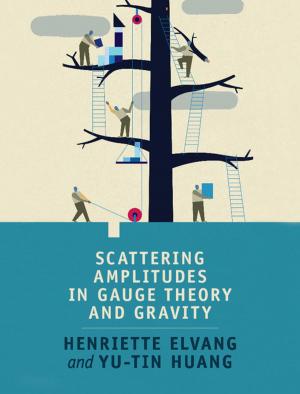Lucan's Egyptian Civil War
Nonfiction, History, Ancient History, Fiction & Literature, Literary Theory & Criticism| Author: | Jonathan Tracy | ISBN: | 9781316120514 |
| Publisher: | Cambridge University Press | Publication: | September 22, 2014 |
| Imprint: | Cambridge University Press | Language: | English |
| Author: | Jonathan Tracy |
| ISBN: | 9781316120514 |
| Publisher: | Cambridge University Press |
| Publication: | September 22, 2014 |
| Imprint: | Cambridge University Press |
| Language: | English |
This book explores Lucan's highly original deployment of contradictory Greco-Roman stereotypes about Egypt (utopian vs. xenophobic) as a means of reflecting on the violent tensions within his own society (conservatism vs. Caesarism). Lucan shows the two distinct facets of first-century BC Egypt, namely its ancient Pharaonic heritage and its latter-day Hellenistic culture under the Ptolemies, not only in spiritual conflict with one another (via the opposed characters of Acoreus, priest of old Memphis, and the Alexandrian courtier Pothinus) but also inextricably entangled with the corresponding factions of the Roman civil war and of Nero's Rome. Dr Tracy also connects Lucan's portrayal of Egypt and the Nile to his critical engagement with Greco-Roman discourse on natural science, particularly the Naturales Quaestiones of his uncle Seneca the Younger. Lastly, he examines Lucan's attitude toward the value of cultural diversity within the increasingly monocultural environment of the Roman Mediterranean.
This book explores Lucan's highly original deployment of contradictory Greco-Roman stereotypes about Egypt (utopian vs. xenophobic) as a means of reflecting on the violent tensions within his own society (conservatism vs. Caesarism). Lucan shows the two distinct facets of first-century BC Egypt, namely its ancient Pharaonic heritage and its latter-day Hellenistic culture under the Ptolemies, not only in spiritual conflict with one another (via the opposed characters of Acoreus, priest of old Memphis, and the Alexandrian courtier Pothinus) but also inextricably entangled with the corresponding factions of the Roman civil war and of Nero's Rome. Dr Tracy also connects Lucan's portrayal of Egypt and the Nile to his critical engagement with Greco-Roman discourse on natural science, particularly the Naturales Quaestiones of his uncle Seneca the Younger. Lastly, he examines Lucan's attitude toward the value of cultural diversity within the increasingly monocultural environment of the Roman Mediterranean.


